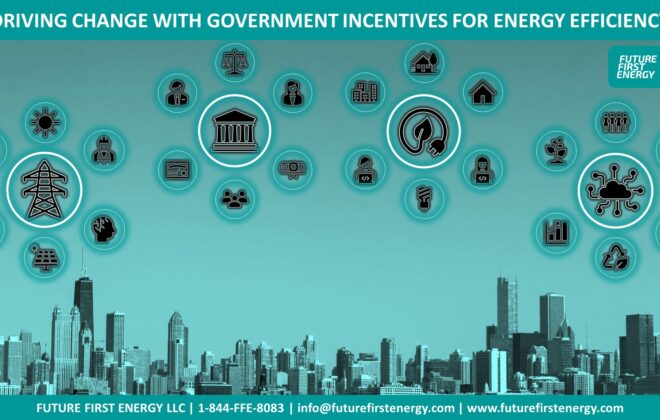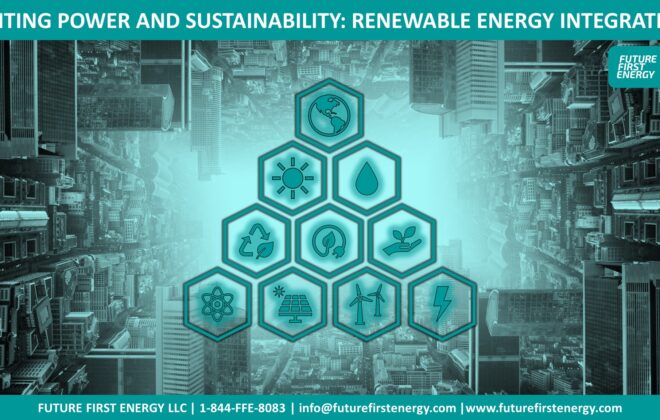Paving the Way to Sustainable Structures: Energy-Efficient Building Certifications
In the pursuit of a greener and more sustainable future, energy-efficient building certifications serve as a guiding beacon, illuminating the path to environmentally responsible construction and operation. These certifications recognize buildings that adhere to stringent energy efficiency standards, promoting eco-conscious designs, and reducing carbon footprints. In this article, we’ll explore the transformative impact of energy-efficient building certifications and how they pave the way towards a more sustainable built environment. Let’s delve into the realm of certified structures that epitomize the fusion of innovation and sustainability. 🌱🏢💡
#EnergyEfficiency #SustainableConstruction #GreenBuildingCertifications #InnovationsForTomorrow
1. LEED (Leadership in Energy and Environmental Design): A Global Standard
LEED is one of the most widely recognized and respected green building certification programs worldwide. Administered by the U.S. Green Building Council (USGBC), LEED assesses building performance across various sustainability categories, including energy efficiency, water efficiency, indoor air quality, and materials selection.
2. BREEAM (Building Research Establishment Environmental Assessment Method): A Pioneer in Sustainability
BREEAM, developed by the Building Research Establishment (BRE) in the UK, was one of the first green building certification systems. It evaluates buildings based on their environmental performance, taking into account energy usage, ecological impact, and overall sustainability.
3. Green Globes: A Collaborative Approach
Green Globes, managed by the Green Building Initiative (GBI), emphasizes a collaborative assessment process that enables project teams to participate in the certification process actively. This flexible program evaluates buildings’ energy efficiency, environmental impact, and occupant health and comfort.
4. ENERGY STAR Certification: Resilience in Efficiency
The ENERGY STAR certification, administered by the U.S. Environmental Protection Agency (EPA), recognizes buildings and facilities that meet strict energy performance criteria. Buildings with this certification demonstrate exceptional energy efficiency, contributing to reduced greenhouse gas emissions.
5. Living Building Challenge: Pushing the Boundaries of Sustainability
The Living Building Challenge, overseen by the International Living Future Institute (ILFI), sets the highest standard for sustainable building performance. It not only assesses energy efficiency but also challenges buildings to achieve net-zero energy, water, and waste, aiming for complete self-sufficiency.
6. Passive House Certification: Embracing Efficiency in Design
The Passive House standard focuses on creating energy-efficient buildings through meticulous design and airtight construction. Buildings that meet the Passive House criteria achieve exceptional thermal comfort and consume up to 90% less energy for heating and cooling.
7. Green Mark: Leading the Way in Asia
Green Mark, developed by the Building and Construction Authority (BCA) in Singapore, evaluates the environmental impact of buildings and encourages the adoption of sustainable design and construction practices, including energy efficiency measures.
Conclusion: Constructing a Sustainable Tomorrow
Energy-efficient building certifications play a transformative role in shaping the future of our built environment. By recognizing buildings that prioritize energy efficiency and sustainability, these certifications inspire innovation, raise industry standards, and foster a global movement towards a more sustainable tomorrow. Let us embrace the power of certified structures, paving the way towards resilient, eco-friendly, and energy-efficient buildings that leave a positive impact on our planet. 🌟🌍💚
Share your thoughts and experiences on energy-efficient building certifications in the comments below. Together, let’s celebrate the transformation of our built environment towards a greener and more sustainable horizon. 🏙️🌱💡
#EnergyEfficiency #SustainableConstruction #GreenBuildingCertifications #InnovationsForTomorrow



